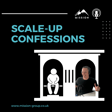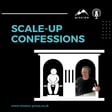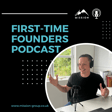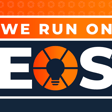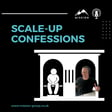
What does a Chief Operating Officer do?
Rob Gibson trained as an accountant and rose to become a divisional Chief Operating Officer for Real Estate giant JLL. Today he’s a consultant, coach and Chair for Vistage (the world’s leading executive learning and coaching organisation).
In this episode of the First-time Founders Podcast, Rob explains the ‘classic’ COO role (how it should help formulate and then implement strategy, create culture, drive collaboration and ensure daily operations are effective, efficient & coordinated) but also how in reality every COO role is different. We also explore why the COO seat must be crafted to reflect each unique company, its breadth of operations, the strengths/weaknesses of the business and particularly the CEO!
Interested viewers can reach Rob G via https://www.linkedin.com/in/robgibson68/ or Rob.Gibson@vistagechair.co.uk and Rob L (https://www.linkedin.com/in/robertliddiard/) at Rob@mission-group.co.uk (or to book some free time with Rob L, visit https://www.eosworldwide.com/rob-liddiard). Alternatively, if you’d prefer Rob L to send you a free copy of Traction (the book by Gino Wickman which explains The Entrepreneurial Operating System) just complete the form here: https://www.eosworldwide.com/traction-giveaway?implementer_email=rob.liddiard@eosworldwide.com
